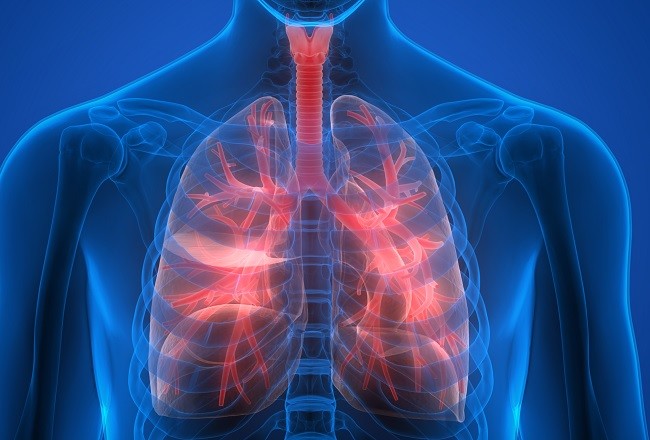INTRODUCTION:
Respiratory tract infections are common, and these infections occur frequently in children, susceptible adults, and older persons. The risk for recurrences and complications relates not only to the presence of viruses but also to immune function. Therefore, modulation of the immune system and antiviral interventions such as echinacea might reduce the risk of recurrences and possibly the development of complications.
METHODS:
MEDLINE, EMBASE, CAplus, BIOSIS, CABA, AGRICOLA, TOXCENTER, SCISEARCH, NAHL, and NAPRALERT were searched for clinical trials that studied recurrent respiratory infections and complications on treatment with echinacea extracts in a generally healthy population. Two independent reviewers selected randomized, placebo-controlled studies of high methodological quality and a Jadad score of ≥4. Relative risks (RRs) with 95% confidence intervals (CIs) were calculated according to a fixed effect model.
RESULTS:
Six clinical studies with a total of 2458 participants were included in the meta-analysis. Use of echinacea extracts was associated with reduced risk of recurrent respiratory infections (RR 0.649, 95% CI 0.545-0.774; P < 0.0001). Ethanolic extracts from echinacea appeared to provide superior effects over pressed juices, and increased dosing during acute episodes further enhanced these effects. Three independent studies found that in individuals with higher susceptibility, stress or a state of immunological weakness, echinacea halved the risk of recurrent respiratory infections (RR 0.501, 95% CI 0.380-0.661; P < 0.0001). Similar preventive effects were observed with virologically confirmed recurrent infections (RR 0.420, 95% CI 0.222-0.796; P = 0.005). Complications including pneumonia, otitis media/externa, and tonsillitis/pharyngitis were also less frequent with echinacea treatment (RR 0.503, 95% CI 0.384-0.658; P < 0.0001).
CONCLUSION:
Evidence indicates that echinacea potently lowers the risk of recurrent respiratory infections and complications thereof. Immune modulatory, antiviral, and anti-inflammatory effects might contribute to the observed clinical benefits, which appear strongest in susceptible individuals.








Comments (0)